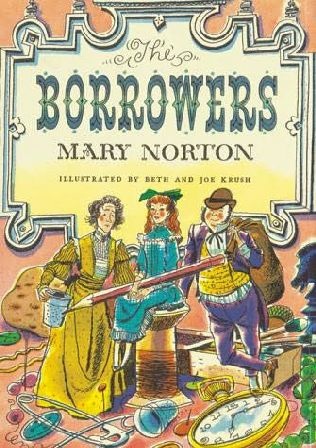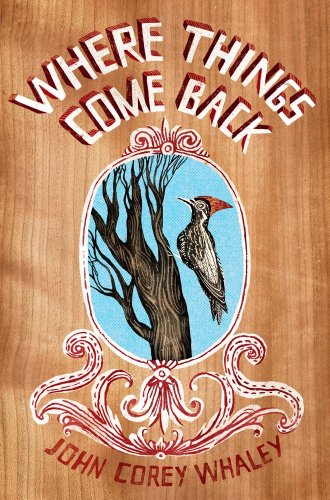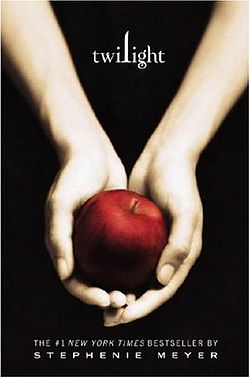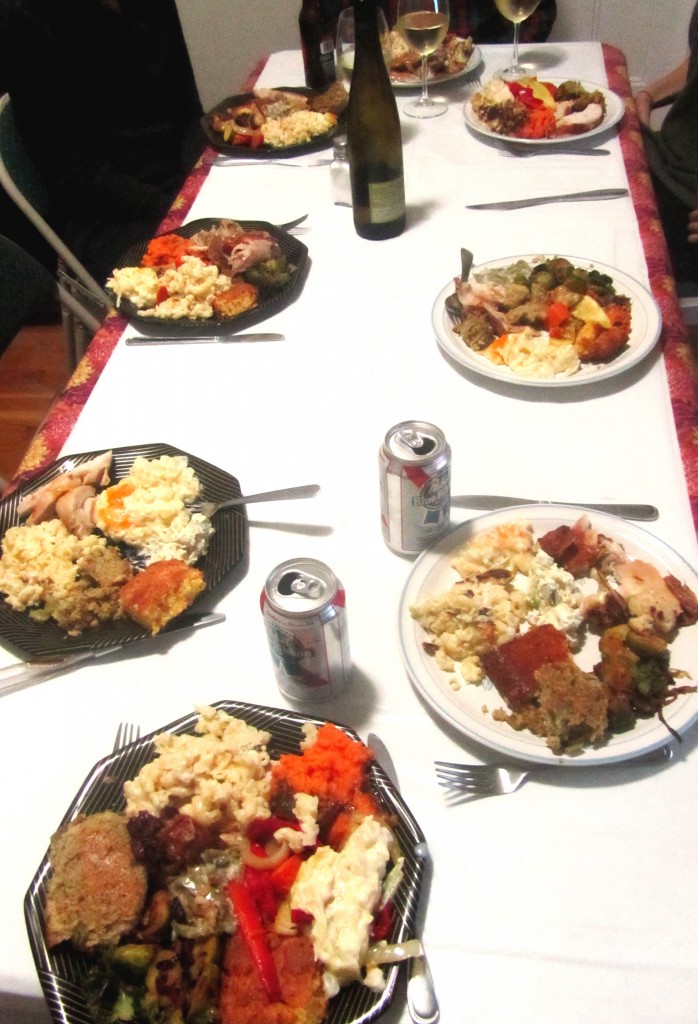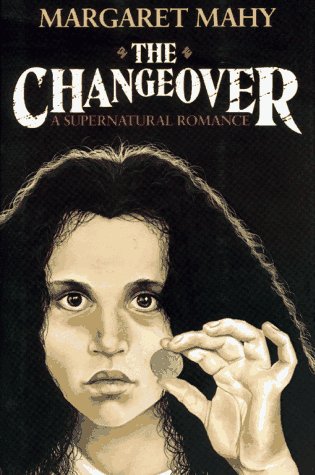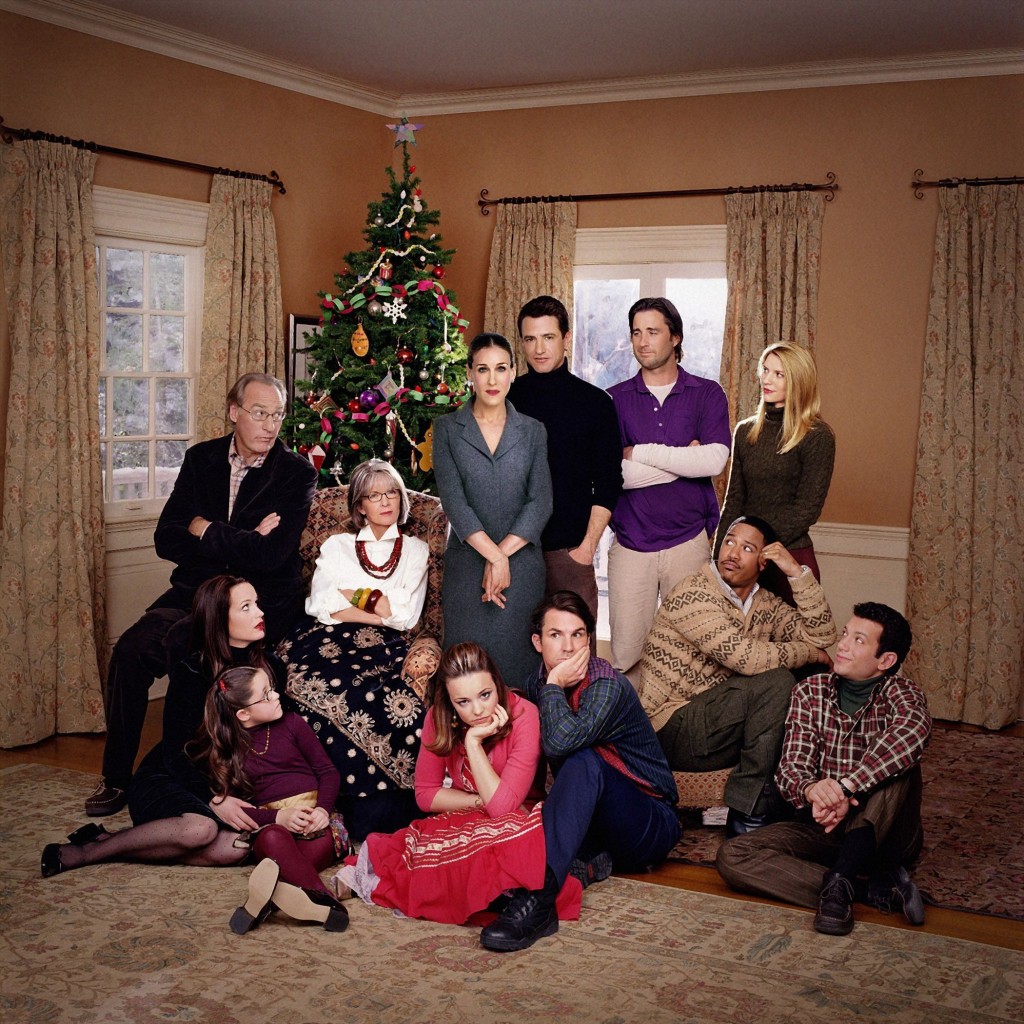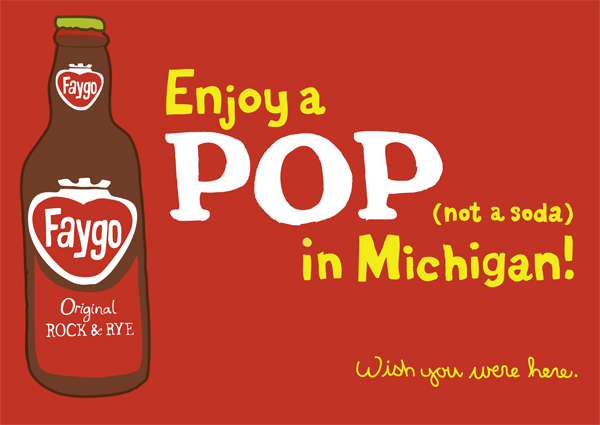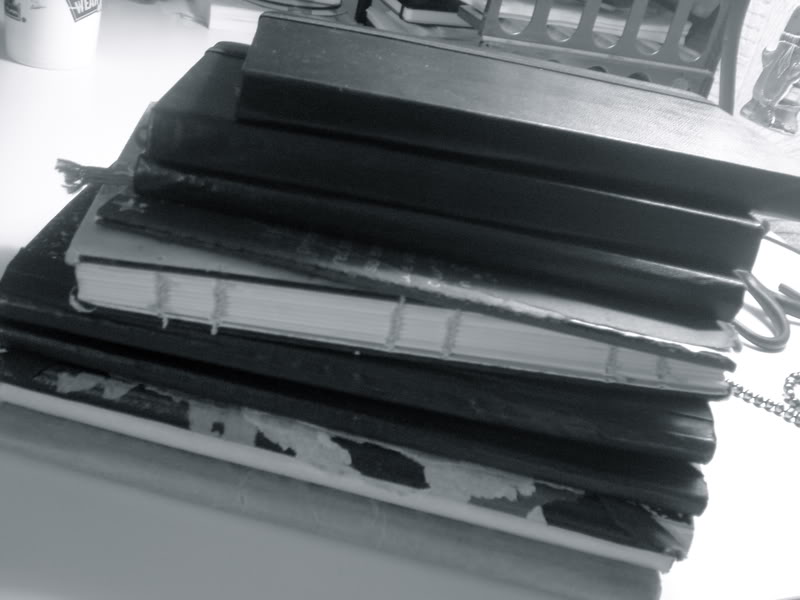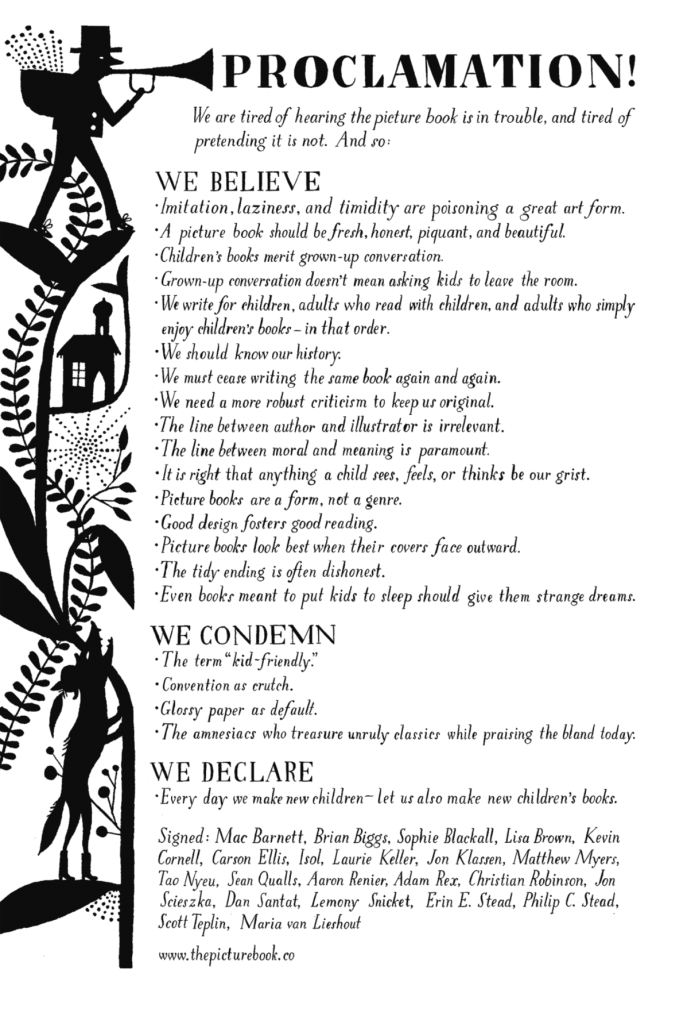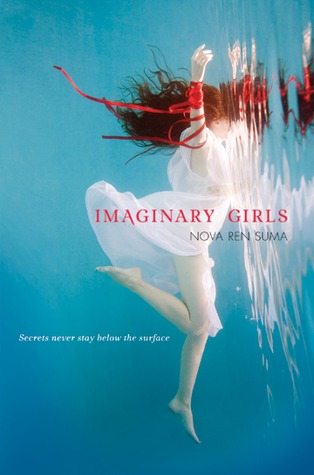I have read 26 works of Sci-Fi/Fantasy in just over three months.
I have whined about it. I have longed for… um… reality. I have read Twilight.
But for all of my posturing, I am glad that I have had this experience. Because, you know what? SF/F books are books, too. Much like realism, many fantastic books suck, but many are quite interesting and well written.
One that falls into the latter category: The Scorpio Races by Maggie Stiefvater.
This month, the stars aligned for me to be able to participate in the November YA Bookclub over at Tracey Neithercott’s blog, Words on Paper. And by “the stars aligned,” I mean, my roommate bought a copy, swooned over it, and let me read it over my long Thanksgiving break! And while it wasn’t one of those books I am inclined to whip through, I was not disappointed.
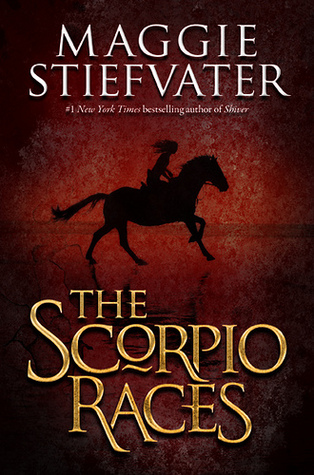
The Scorpio Races are an annual event on the island of Thisby, riling up the townspeople and gathering tourists, racers, and gamblers from the mainland and all over the world. The reason: instead of racing horses, competitors race cappail uisce – a legendary breed of water horses that emerge from the sea during storms. They are the fastest creatures you can ride… but they also have a taste for human blood. The races are exhilarating and a way of celebrating Thisby’s long heritage, but every year, the cappail uisce claim victims.
Our two narrators, Puck and Sean, are young teens preparing for the Scorpio Races. Sean is a renowned cappail uisce trainer, rider, and handler, despite his young age. Every year, he rides his father’s red waterhorse, Corr, but this year if he wins the race, Sean can finally buy him outright from his boss, a wealthy stable-owner. Puck, on the other hand, has never ridden a cappail uisce, and after one killed her parents, she never wanted to. But when her older brother threatens to leave the island, Puck enters the competition with the hopes of winning and earning enough money to keep her parents’ home and keep her family together.
Of course, they befriend one another. Sean stands up for Puck when the conservative town attempts to throw her out of the competition for being the first female rider and takes her under his wing. But they can’t both win… and participating in such a dangerous race, they might both die trying.
This is exactly the kind of fantasy that I am starting to enjoy. It’s written not in the sci-fi or fantasy generic tradition, but in realism; the elements of fantasy are so elegantly entwined into the novel’s setting that they seem inevitable, necessary, and natural. I never felt like the cappail uisce were supernatural creatures: they were just really weird wild horses. Stiefvater tells this story like a horse story, too (a genre which I used to enjoy, in my younger years, despite minimal interest in actually riding horses), evoking a sense of their physicality, their animal-ness, and their potential for emotional connection. But I was particularly impressed with Stiefvater’s use of the setting, here. For me, it’s not just the “world building” aspect of setting that is important. You can put in all the details and quirky townsfolk and social codes and descriptions you want but that’s not going to woo me. It’s the sense of reverence the characters have for a place that gets me going, the complexity of the relationships between its inhabitants and their relationship with their land. The Scorpio Races aren’t just about racing mythical water horses – it’s about living in the place where these water horses deign to show up, year after year. It’s about how natural events shape your culture; the scene describing Thisby’s annual festival preparing for the races was downright creepy, almost primal, quite carnivalesque. It’s the character a town takes on when dependent on such a profitable but unpredictable and dangerous event. Stiefvater really plays up the tension of both loving and hating your homeland. Sean’s life’s work and happiness depend on Thisby and the cappail uisce, but he begins to think hard about what he’s giving up being so reliant on one place. Puck is trying so desperately to hold onto her life on the island, even though she knows it is Thisby that is responsible for destroying her family in the first place.
Oh, and one last insight from my darling roommate. “I loved it,” she says, “because nobody fell mysteriously in love within the first 2 chapters and then spent the rest of the novel angsting about it!”
True dat. But how completely SAD that this is even a valid comment? That is surely another post for another day, though.
This book is getting a lot of good press. Horn Book starred it. NY Times said it was one of the top 5 notable YA’s of the year. I’m sure every book blogger from here to next Sunday has already raved about it.
And this anti-fantasy girl… is maybe coming around. A little. Not too much. Let’s not get overly excited.
